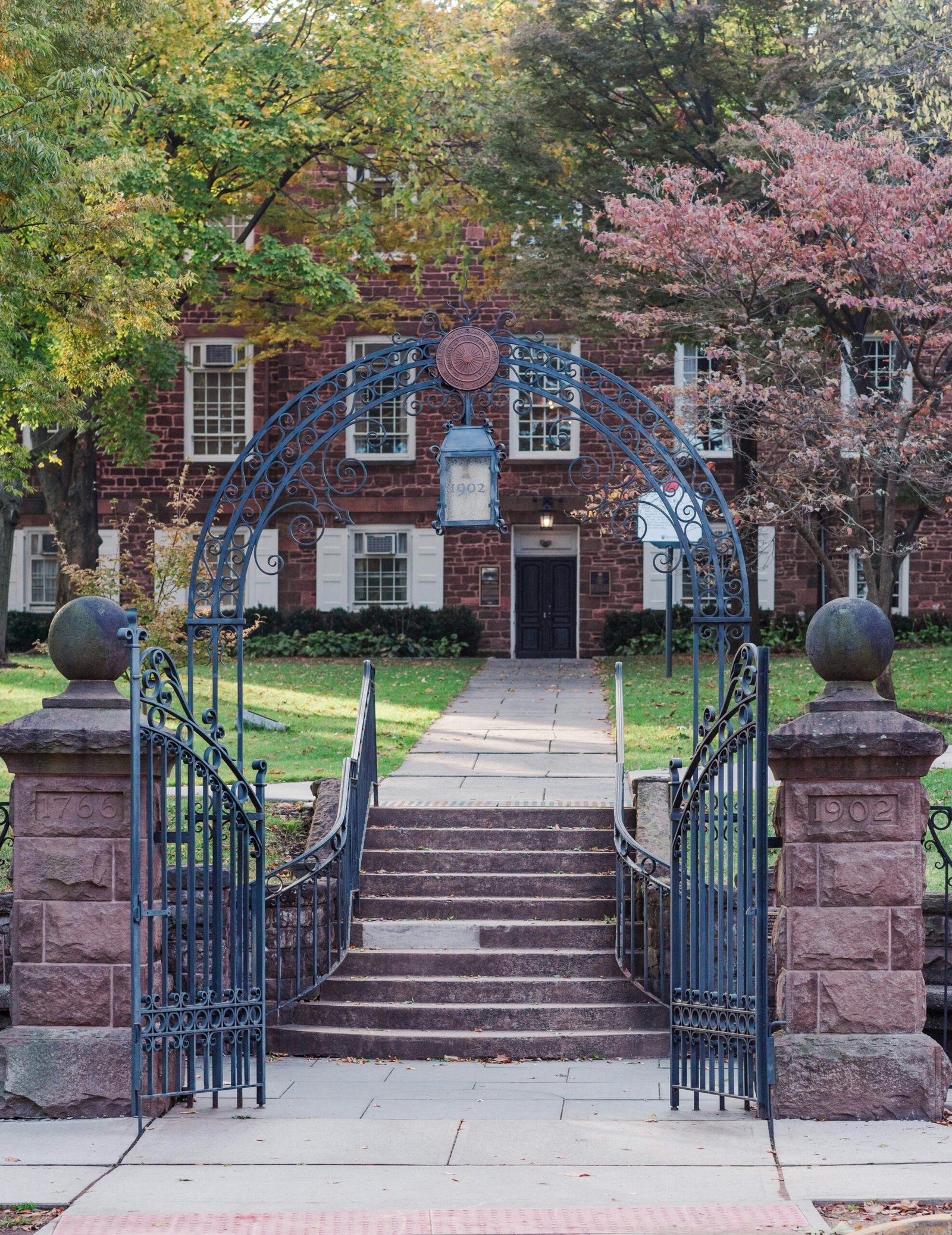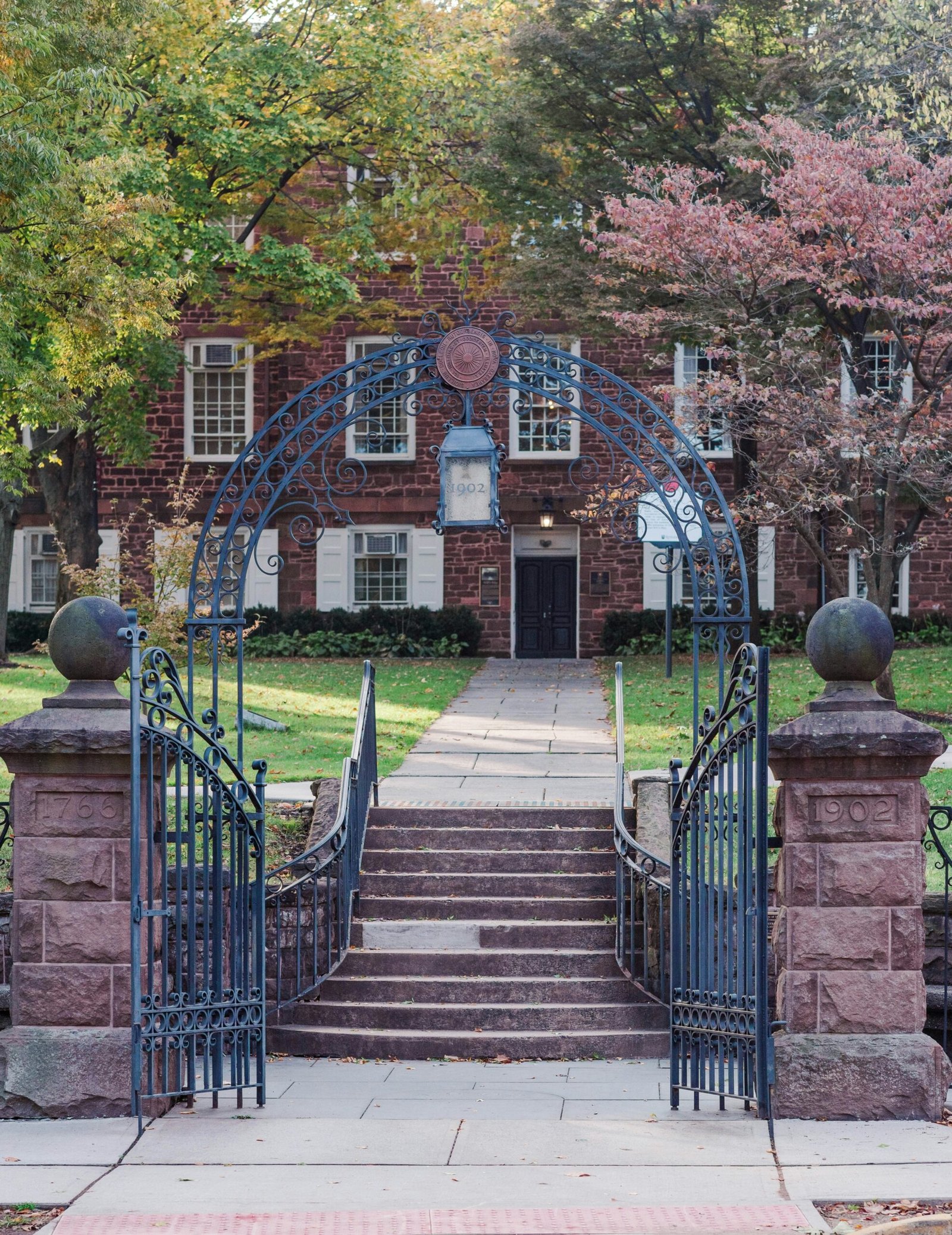
Historical Background and Evolution
Rutgers, The State University of New Jersey, has a rich historical background that traces back to its establishment in 1766. Initially founded as Queen’s College, the institution was born out of a desire to educate young men for the ministry within the Dutch Reformed Church. This early focus on religious education set the foundation for what would become a diverse and expansive academic institution.
In 1825, the college was renamed Rutgers College in honor of Colonel Henry Rutgers, a Revolutionary War hero and philanthropist whose substantial donation helped stabilize the financially struggling institution. This rebranding marked the beginning of a new era, allowing the college to broaden its academic offerings and attract a more varied student body. It was during this period that Rutgers began to establish itself as a significant player in American higher education.
The mid-20th century was a transformative period for Rutgers. In 1945, it was designated The State University of New Jersey, a title that signified its expanded role and commitment to serving the educational needs of the entire state. This change was part of a broader national trend of universities transitioning to state institutions to better serve public interests. Consequently, Rutgers experienced significant growth in both its physical campus and academic programs.
Throughout its history, Rutgers has been at the forefront of several key developments in higher education. It was one of the original nine colonial colleges established before the American Revolution, placing it among the oldest institutions of higher learning in the United States. The university has also been a pioneer in various fields of study, contributing to advancements in science, technology, humanities, and social sciences.
Significant milestones, such as the establishment of its medical school and the integration of previously separate institutions like the University of Newark and the College of South Jersey, have further solidified Rutgers’ standing as a comprehensive public research university. These developments underscore its evolution from a small religious college to a major educational institution with a global impact.
Academic Excellence and Programs
Rutgers, The State University of New Jersey, is renowned for its academic excellence and comprehensive range of programs. The university offers a diverse array of undergraduate, graduate, and professional degrees across numerous disciplines. This breadth allows students to pursue their academic passions and prepare for successful careers in various fields.
Rutgers boasts a number of notable faculties and departments that contribute significantly to its reputation. For instance, the School of Arts and Sciences is a cornerstone of the university, providing a robust liberal arts education. Additionally, the School of Environmental and Biological Sciences, the Rutgers Business School, and the School of Engineering are recognized for their cutting-edge research and academic rigor. These faculties are supported by a dedicated team of scholars and researchers who are leaders in their respective fields.
Research initiatives at Rutgers are a testament to the university’s commitment to innovation and scholarly excellence. The university is home to numerous research centers and institutes that facilitate groundbreaking work in areas such as climate change, medical science, and data analytics. The Rutgers Cancer Institute of New Jersey, for example, is at the forefront of cancer research and treatment, making significant strides in understanding and combating the disease.
Rutgers’ contributions to various fields of study have not gone unnoticed. The university has received numerous accolades and honors, reflecting its status as a premier institution of higher learning. It consistently ranks among the top public universities in the United States, and its programs are frequently recognized for their quality and impact. Notable achievements include prestigious grants and awards, which underscore the university’s role as a leader in research and education.
In fostering innovation, Rutgers emphasizes interdisciplinary collaboration and the practical application of knowledge. This approach ensures that students and faculty are not only engaged in theoretical study but also in solving real-world problems. The university’s commitment to scholarly excellence is evident in its continuous efforts to enhance academic programs and support initiatives that drive progress and discovery.
Campus Life and Student Experience
Rutgers, The State University of New Jersey, offers a dynamic and engaging campus life that significantly enhances the overall student experience. The university is home to over 500 student organizations, ranging from academic clubs and cultural associations to sports teams and special interest groups. These organizations provide students with ample opportunities to explore their interests, develop leadership skills, and build lasting friendships. Additionally, Rutgers hosts a diverse array of extracurricular activities and campus events throughout the year, including concerts, guest lectures, and festivals, ensuring that there is always something exciting happening on campus.
Residential life at Rutgers is designed to create a supportive and inclusive environment for students. The university offers a variety of housing options, including traditional dormitories, suite-style living, and apartment complexes, each equipped with modern amenities to cater to the diverse needs of the student body. Living on campus provides students with the convenience of being close to academic buildings, dining facilities, and recreational centers, fostering a strong sense of community and belonging.
Dining options at Rutgers are plentiful and diverse, with multiple dining halls, food courts, and cafes spread across the campus. The university’s culinary services are committed to providing nutritious and delicious meals, accommodating various dietary preferences and restrictions. Students can enjoy a wide range of cuisines, from traditional American fare to international dishes, ensuring that there is something to satisfy every palate.
